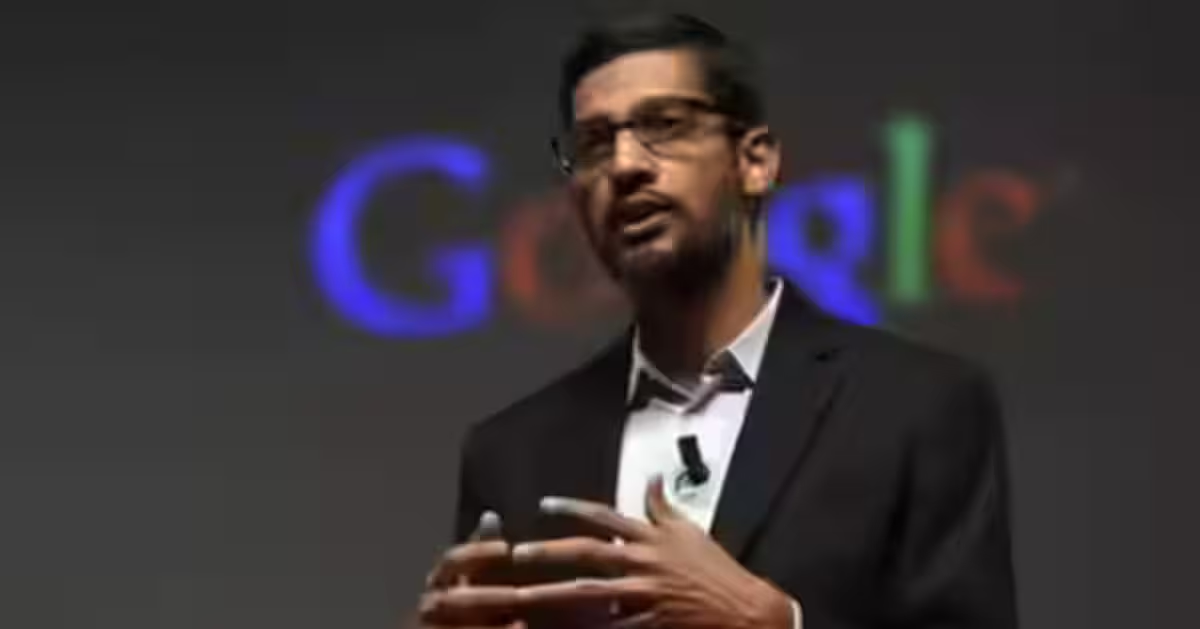Sundar Pichai to Google Teams: “We Have to Accomplish More”—AI Now at the Core
What Happened?

The leadership comments follow recent earnings reports and rising industry pressure to deliver faster results with leaner teams. At the core of the message was a simple expectation: do more with less, and let AI guide the way.
Official Statements or Alerts
According to internal remarks, Pichai said, “I think we have to accomplish more, with fewer resources.” Leadership emphasized that AI adoption is now expected at every level of the company. Employees across departments are being encouraged to integrate AI into daily workflows and improve efficiency through AI tools like Gemini and other in-house platforms.
Impact on Daily Life at Google
Within Google, the shift is already visible. Teams are undergoing AI training, using AI systems in project management, and rethinking how they approach problems. Project timelines are being shortened, and roles are evolving to favor those with AI fluency. For some employees, this represents a valuable learning opportunity. For others, the pace of change feels overwhelming.
Public Reaction or Eyewitness Reports
Although there has been no official pushback, discussions on internal forums and social media reflect mixed emotions. Some employees are motivated by the push toward AI, seeing it as essential to staying relevant. Others worry that it may lead to higher expectations without enough support or clarity.
What to Expect Next?
Google is expected to expand internal AI training initiatives and tie performance evaluations to AI adoption. Job roles may continue evolving, and future hires will likely need demonstrable AI skills, even for non-engineering positions. More teams may be merged or restructured to align with these new priorities.
Expert Opinion / Context
Industry analysts view Google’s internal changes as a reflection of broader trends. Many tech companies are now leaning heavily on AI to boost productivity. However, experts warn that without proper support and strategy, such shifts can lead to confusion or inefficiencies. “Understanding the limits of AI is just as important as using it,” said one consultant who advises large tech firms on AI strategy.
How It Connects to Broader Issues
This internal shift highlights a larger conversation around the future of work. As AI tools become more central to how businesses operate, employees across industries will be expected to adapt. Sundar Pichai’s remarks point to a growing belief that AI fluency is not just a technical skill—but a core requirement for staying relevant in the modern workforce.